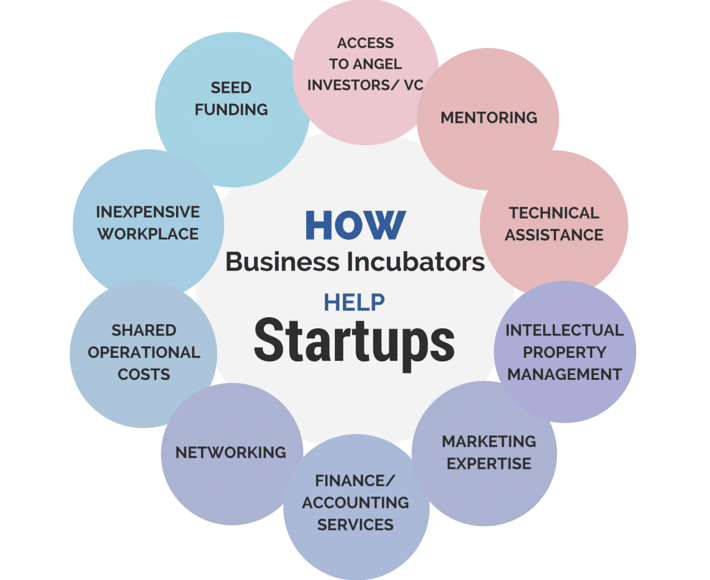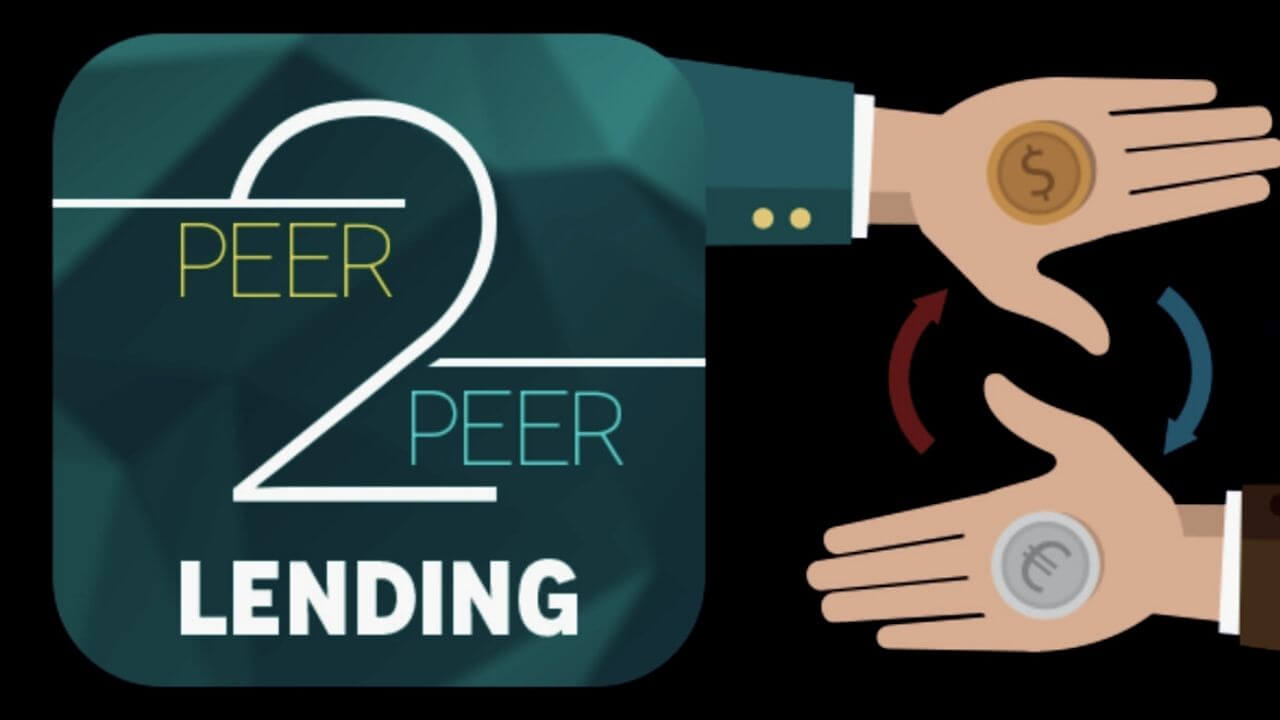Startup incubator business model, just as the medical incubator in hospitals where children are kept for few hours or some days when born, is where startups are conceived and nurtured.
Business incubation involves the process in which individuals or organizations provide support for an establishment, most especially startups, to aid their growth. Business incubation helps startups grow and adapt to whatever and however the economy might be by nurturing and training them. Before we consider some startup incubator business models, let’s highlight some important things to know about incubation.
Who are Business Incubators?
Incubators are an organization modeled to help startup businesses grow. They provide Business support resources such as free or low-cost workspace, Access to loans, mentorship, and lots more. The sole aim and purpose of incubation are carried out via the incubators, either an organization or a group of individuals.
Business incubators serve as Shields for smaller businesses or startups. Startups could stay within an incubator for as long as they want to, or it takes to grow their business to the desired level or achieve their set goals.
Read Also about Top Angel Investor Networks
How does a startup benefit from a business incubator?
Business incubators offers a wide range of opportunities as well as benefits for startups who apply for the program such as;
- Access to mentorship: business incubators give startups unlimited Access to mentors, coaches, and lots of educational programs across all Fields.
- Provision of funds lots of startup business incubators provide the startups with funds needed to finance the business. The program gives room for Investors to invest in any startup they find exciting and promising.
- It also gives startups a platform to network with other startups in the same field in the program.

The above and lots more are benefits attached to Startup business incubator program
How to start a Business Incubator
How to start a business incubator has been a question ravaging the heart of most people. Here are few tips to help you
1. Self-assessment and market assessment
Before starting a business incubator for startups, it is expedient that you assess yourself by asking questions. Essential questions will give you a clear-cut direction on what to do, such as; why I want to do this? What do I intend to achieve? Will I be able to handle whatever challenges that come with it? All these are questions that will clear your doubts and prepare you for the task ahead.
While market assessment involves conducting research and choosing the type of incubator business model you will like to work with, it also includes concluding if your incubator program will be a comparison or specialize in a category or a particular set of startups.
2. Mobilize Teams
The next step is getting like-minded people with the same goal as you two work together with your startup incubator business functions more effectively where there are functioning, active, and proactive team members.
3. Arrangement of resources
The Startup incubator business model often does not only work virtually but also requires physical appearances. Resources needed for this must be put in place by you, such as location, equipment, and lots.
4. Establish Connections
You must be ready to connect with investors both far and near. Connection helps make it easier to get funding as well as mentorship. Create a strong bone with influential people and individuals who have vast knowledge in terms of what you want to do.
5. Create Activities
After doing the above, you are expected to map out activities that will help the startups. Such as seminars, workshops, etc., they must be activities that will help them grow and decrease their success rates in the market.
6. Select startups
The last step is letting startups that are promising and have success rates be part of the program.
Few Startup Incubator Business Model
It is also important to note that Startup incubator business model are classified based on their structure and process; some of the startup business incubator models include;
Campbell, Kendrick & Samuelson’s Incubation Model
This startup incubator business model was propounded in 1985. It focuses on the functions of incubators according to their process. Incubator in this model is a developmental tool that can bring an idea to life by transforming it into a real business.
This model emphasizes the incubation process and sees them be very important. It involves a white box abstraction technique. This model has four necessary processes: diagnosing the business’s needs, monitoring or closely watching the various service rendered to the startups investing capital, and testing or assessing the working incubator network.
Sailor’s Incubation Model
This startup incubation business model was developed in 1987. This model explains an incubator as a mechanism for transformation, which helps the entrepreneur build a venture stop; he further added that business incubators provide four significant benefits, including Credibility development, Faster troubleshooting, Shortening of the learning curve, Access to a network of entrepreneurs.
Nijkamp & Sailor’s Generic Incubator Model (1988)
Nijkamp and Sailor’s Generic Incubator Model is a combination of two models. According to Nijkamp, business incubators perform a mediator or an intermediary between entrepreneurs and the community.
For an incubator to be successful, according to Nijkamp, “information must combine sources of entrepreneurs, Recognition of opportunities by entrepreneurs, and Demand for business incubation services as they are major elements.”
Carter & Jones-Evans Process Incubation Model (2000)
This process was regarded as the first actual model in a room. It is a five-step incubation process or stages, and they are:-
Idea formulation
Post entry development post
Opportunity recognition entry and to lunch
Pre-start planning and preparation
This model is concerned with the needs of startups to be incubated, supported by the incubator.
Nowak and Grantham, Virtual Incubation Model (2000)
This model focuses on strategic alliance formation, which helps pin down every success in with these early enough. It is an internet-based distributed resource and is a profitable solution, most especially for private incubators.
This model proposed the creation of a virtual incubation model, which will be centered on networked innovation.
There remains an endless list of startup business Incubator Model, and each can be best applied depending on what an Incubator which to achieve.
There are some reasons why should join a business incubation.










